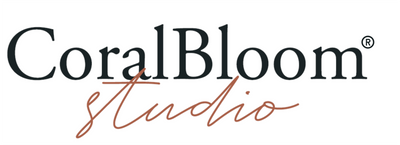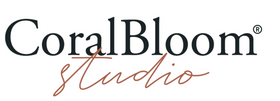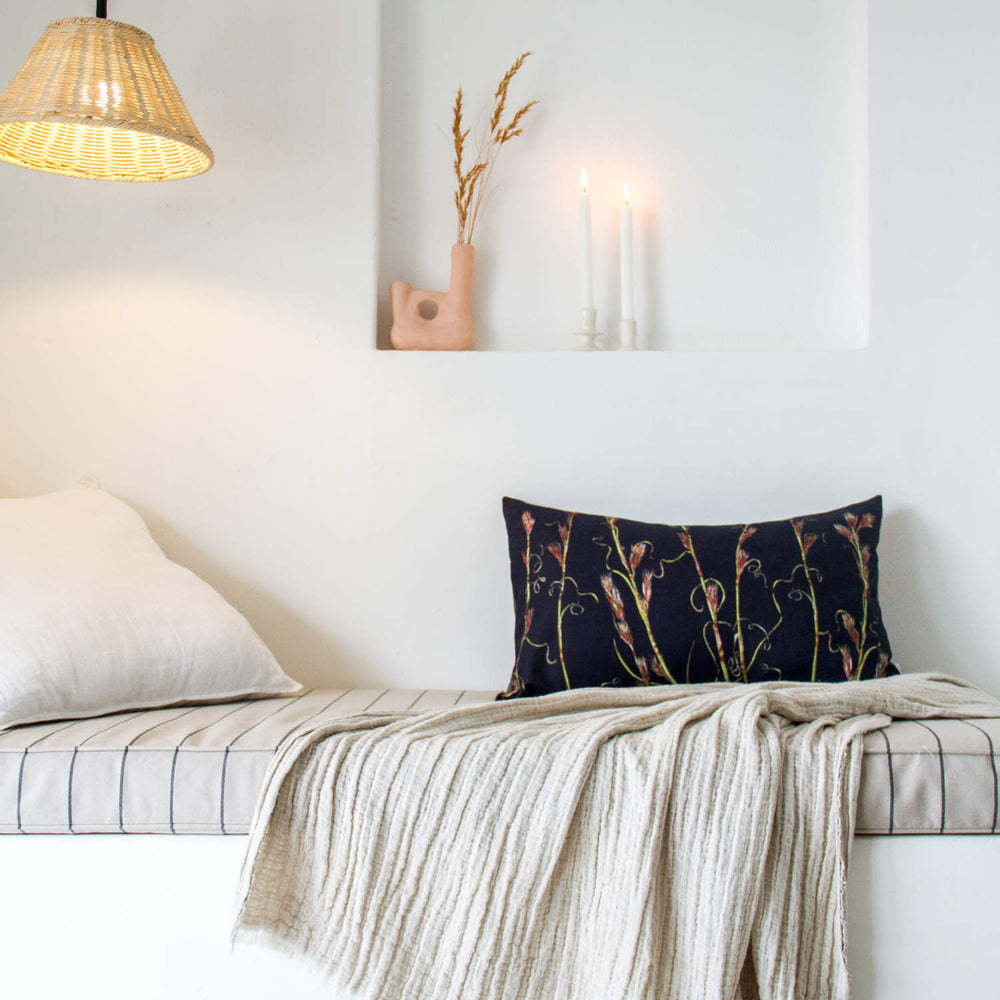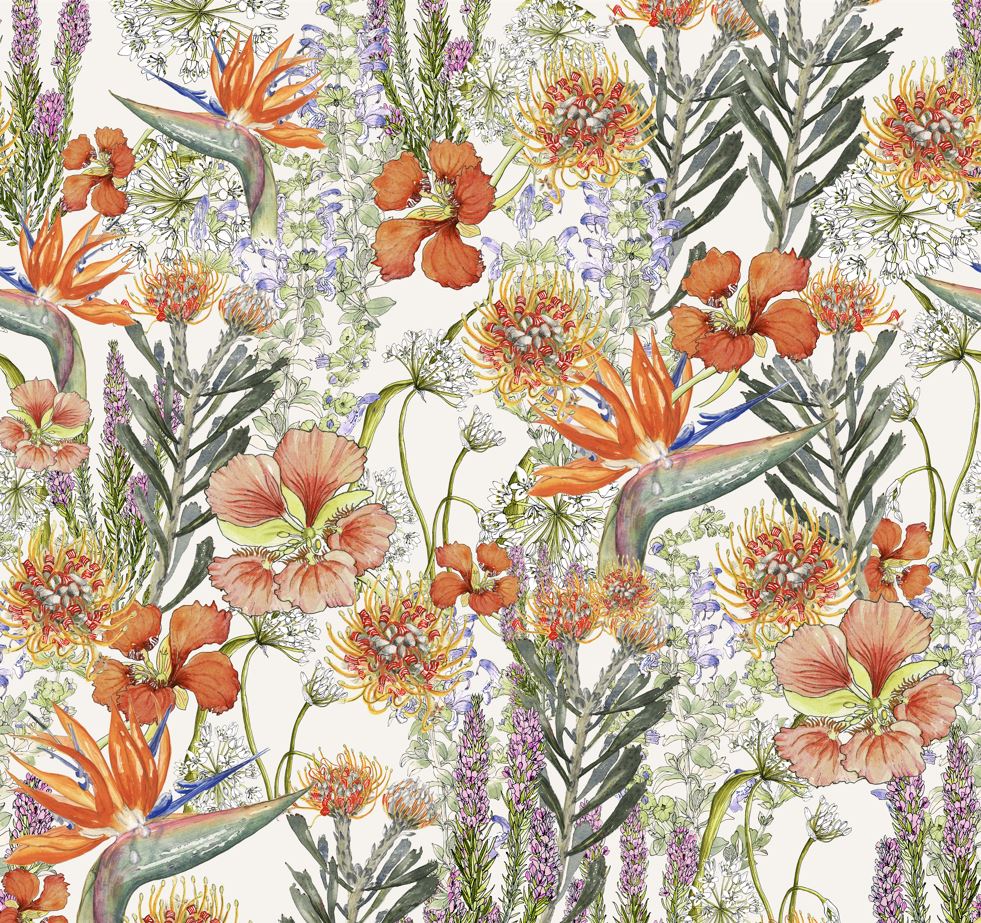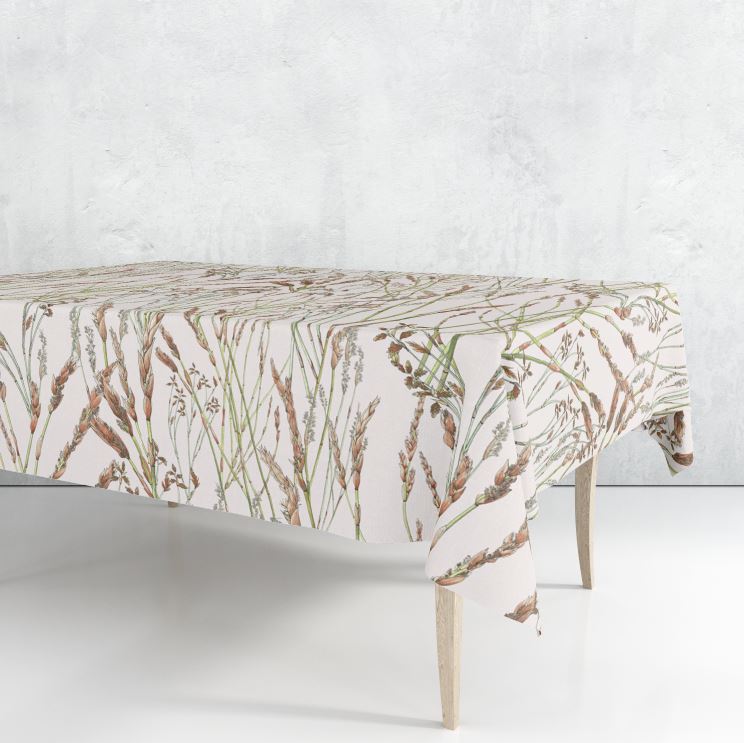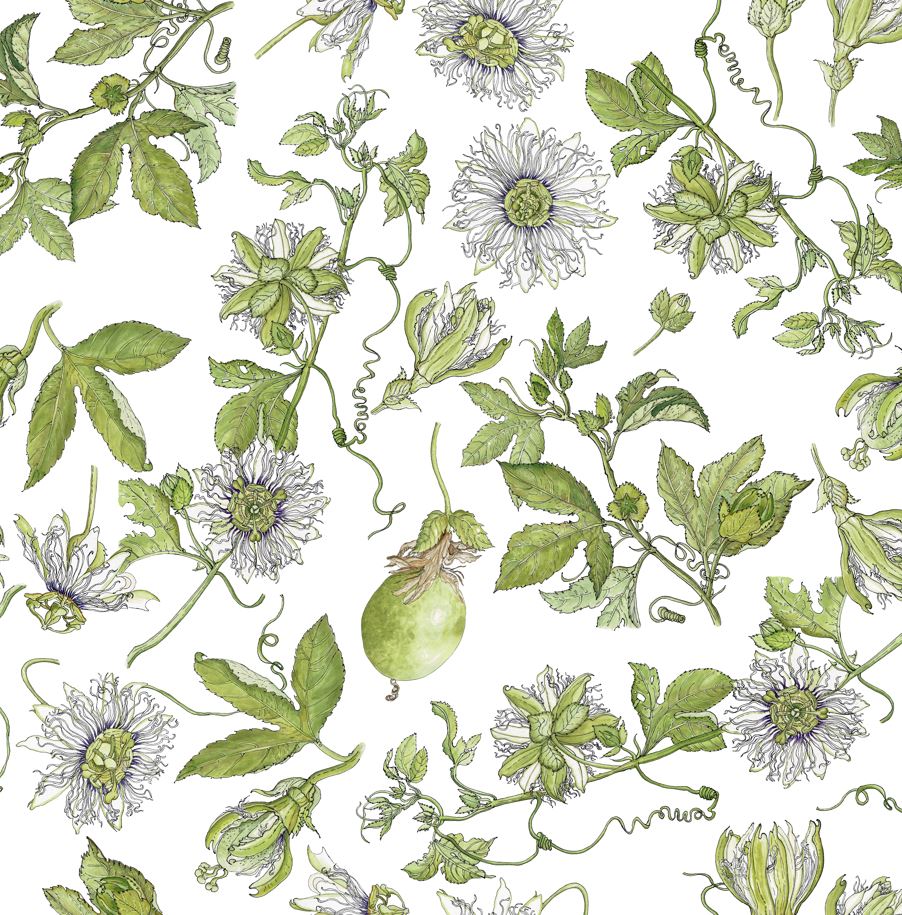Interview with The Thinking Watermill Society ~ Rome, Italy (May 2021)
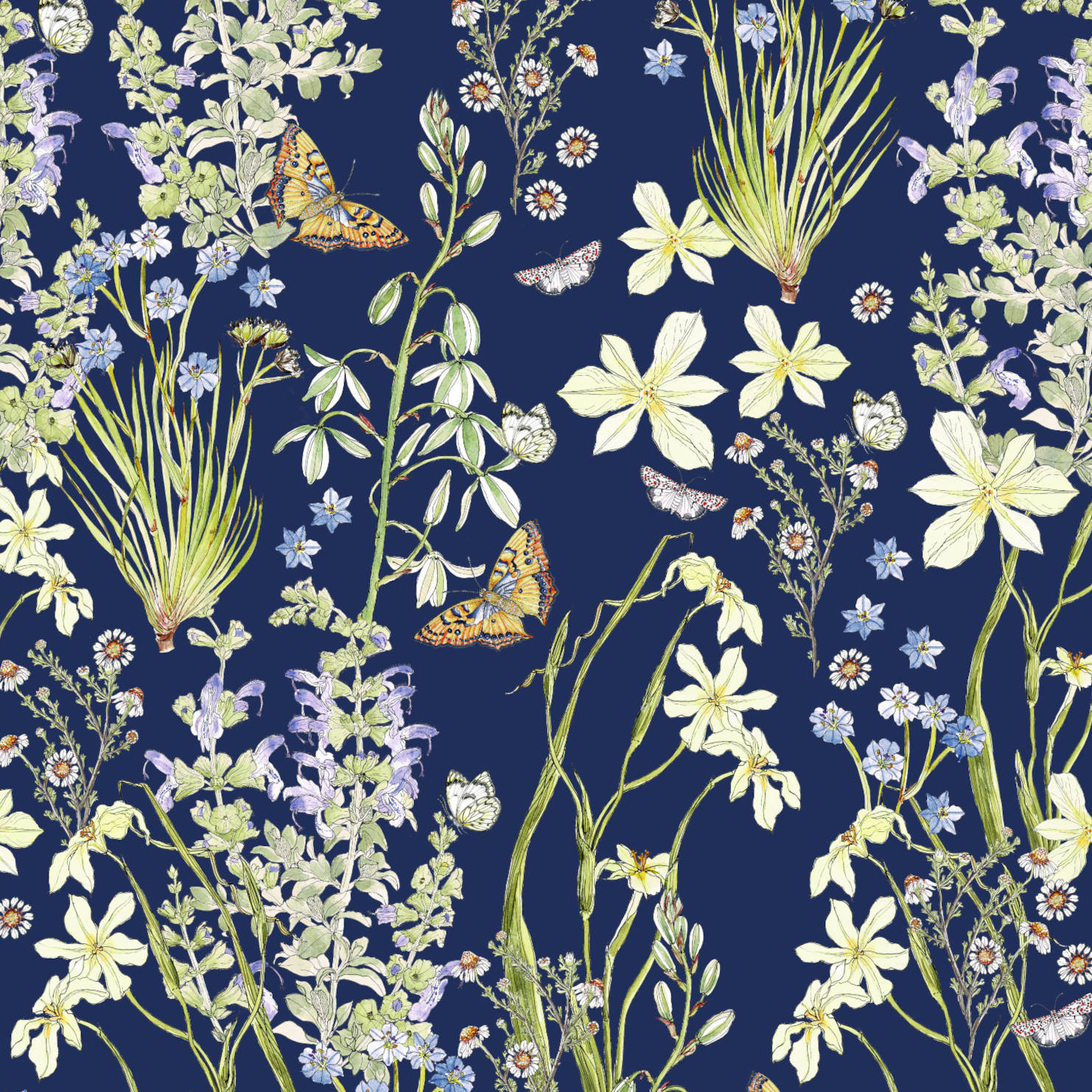
Sustainable Fashion Africa - by Sophie Gai for The Thinking Watermill Society, Italy
We feel truly honored to have been invited for an exclusive interview about our sustainability practices at CoralBloom Studio for the Sustainable Fashion Africa Edition. The Thinking Watermill Society is a non-profit organization based in Italy. Their mission is to share information and research, initiate stimulating debates and thought exchange, identify economic and social trends for supporting public and private entities in the decision making process.
- What does sustainable fashion mean to you?
In my view sustainable fashion refers to a mindset where manufacturers and consumers are more informed and conscious about producing and buying products that cause less short and long term damage to the environment. While accepting that all resources are precious and limited, in our view sustainable fashion aims to produce smaller quantities of goods made from natural or recycled materials, whilst ensuring top quality craftsmanship and timeless style so that products may last much longer than goods produced for the fast fashion industry.
- How and when did you first come to know about sustainable fashion?
I first learnt about sustainable crops and materials during an undergraduate module at university on climate change and sustainable development. Learning about the sustainable aspects and versatility of hemp fibers in particular really tickled my curiosity. It was so wonderful to learn that hemp plants require significantly lower water consumption to produce a crop and also require no fertilizers and pesticides. There is no waste as 100% of the plant may be utilized from food to medicine to building materials and even textiles. The properties of hemp textiles are astounding – they are very durable and strengthen with age (amazing, not many other textiles get better with age!) and the hollow properties of the fibers, similar to pure linen, make the material adaptable and suitable for both summer and winter. I am focused on continuously expanding my knowledge and learning as we go, doing in depth research for each step of the process when we explore new product designs for CoralBloom.
- Do you consider your brand sustainable and why?
Yes, CoralBloom is a sustainable brand. We align ourselves with slow and circular design principles and strive to create thoughtful items that communicate a story of respect and care for Mother Nature. We ensure that materials and supplies are sourced locally and work with local printers who use eco-friendly water-based inks and energy saving equipment. Our range is currently available in pure cotton, linen and hemp. We want to continue introducing hemp in the form of familiar products while educating consumers about the benefits of hemp as an eco-conscious alternative to synthetic and natural fibers. To prevent wastage, we have digital catalogues of prototypes and products are made to order. Layouts for printing are meticulously planned to minimize offcuts and wastage. Each item is then lovingly hand-made by us in our local studio in Somerset West. We are committed to an ethical and transparent growth of our brand and take the responsibility to educate consumers to choose products that consider the health of our environment. To share a place so close to our family’s heart, we have entwined traditional botanical watercolor artworks with modern designs on high-quality products that are made to last. Through our art and designs we hope to share a part of the natural world that is not accessible to everyone on a daily basis. Our family’s passion is heart driven and we have always had a synergistic dynamic where we love working by bringing together everyone’s unique skills. The art we use is my mother’s and sister’s (Ann and Megan), who are both self-taught. Each original artwork is meticulously drawn and painted by hand. Megan recently finished her degree in conservation ecology. My father (Nico) is our talented carpenter and self-taught jeweler who transforms reclaimed metal into jewelry and builds our displays. I use the artworks provided by Ann and Megan to create the digital designs while balancing running the business, marketing, production and sewing.
- What inspired your brand?
CoralBloom is a family run business with a functional art range that celebrates the Cape Flora and Fauna of South Africa. For the last 23 years the small coastal village of Cape Infanta has been our family’s treasured retreat where my parents fostered a deep lying love, admiration and respect for nature in both my sister and I from an early age. The times spent exploring the rock pools, river, mountains and veld surrounding the village has inspired all our creative endeavors. CoralBloom started as a part-time venture while I was a first year university student in 2010. At the beginning of 2019 when I completed my PhD in Botany and Microbiology I took the opportunity to turn CoralBloom into a full-time business making botanical-inspired stationery and jewelry. 2020 launched us into a new trajectory of digital textile printing and face mask manufacturing that sustained CoralBloom throughout the lockdown period. The jump into textiles provided us with an opportunity to design and launch a functional range of products which includes table-ware, home-ware, loungewear, décor and accessories. We have also been involved with various collaborations with local designers, including a limited edition linen clothing range and a new wallpaper range featuring our printed textiles.
- What are some of the challenges you face as a sustainable fashion brand and how do you manage them?
We have found that input costs of sourcing locally produced, natural textiles and materials are significantly higher. We have also learnt that the majority of goods have a generally accepted ceiling retail price, often resulting in smaller profit margins per product. However, we are proud of the decision to build a brand committed to a slow and sustainable fashion approach. Accessibility to local textile printers that are transparent about their materials and techniques have been a challenge, but throughout the last two years we have formed relationships with companies that are committed to using eco- friendly water-based inks and energy saving equipment. Packaging of goods may sometimes pose a challenge, but we have found local suppliers of biodegradable cello-plastic to replace standard plastic bags and use minimal packaging for our range - natural string and a paper swing tag per product. We have found that not all consumers are environmentally-conscious and without proper education and exposure on the topic, it may often be a difficult barrier to cross. We continuously have to work at creating, generating and connecting with customers, retail spaces and online platforms to get our brand noticed, in order to connect with consumers who understand or are willing to change their behaviors (consuming and spending in a conscious way creating less detrimental effects on our environment). Local and international social media platforms and online marketplaces have been a great starting point and we are on a journey to continuously build and expand our network.
- Do you think sustainable fashion has a future in Africa and why?
Yes, I think that an inclusive, ethical and sustainable fashion approach would be the ideal future for Africa. Many indigenous people from Africa have been living harmoniously and sustainably with their surrounding environment and the Western world would have a great deal to learn from them. Two local organizations, Twyg (https://twyg.co.za/future-of-fashion/) and Rewoven (https://www.rewoven.africa/our-story) have a wonderful ongoing project addressing this topic in detail, definitely worth taking a look.
- How do thrift shops impact your business?
Currently thrift shops do not seem to have a large impact on our business (homeware, tableware and loungewear ranges) in particular, as the majority of South African thrift shops are more clothing and furniture-orientated.
- Do you see any difference between Ethical and Sustainable fashion?
Yes, in our view ethical fashion refers to the human impact and social implications of the industry in terms of fair wages, proper working hours and working environments and prevents cruelty toward people or animals. Sustainable fashion refers to a mindset where manufacturers and consumers are more informed and conscious about producing and buying products that cause less short and long term damages to the environment. While accepting that all resources are precious and limited, in our view sustainable fashion aims to produce smaller quantities of goods made from natural or recycled materials, whilst ensuring top quality craftsmanship and timeless style so that products may last much longer than goods produced for the fast fashion industry.



